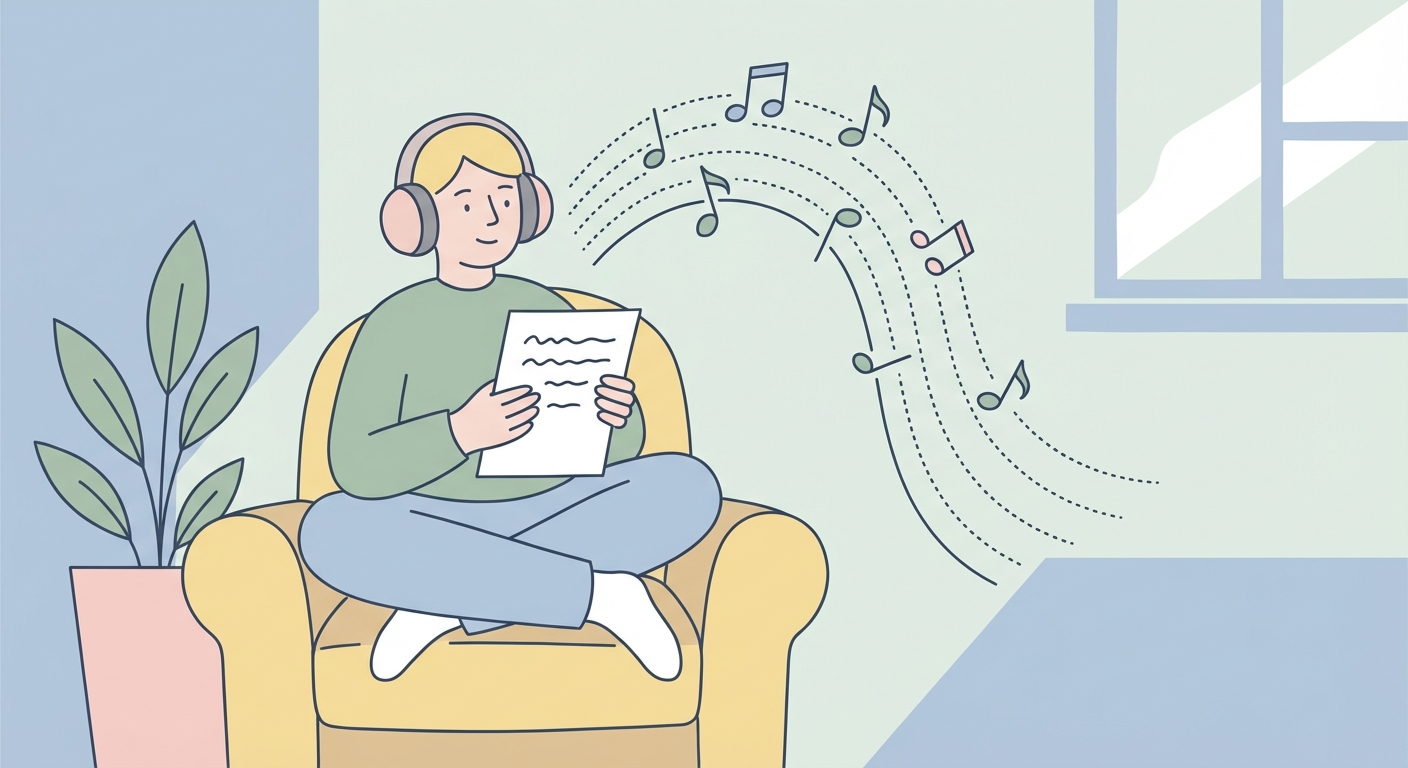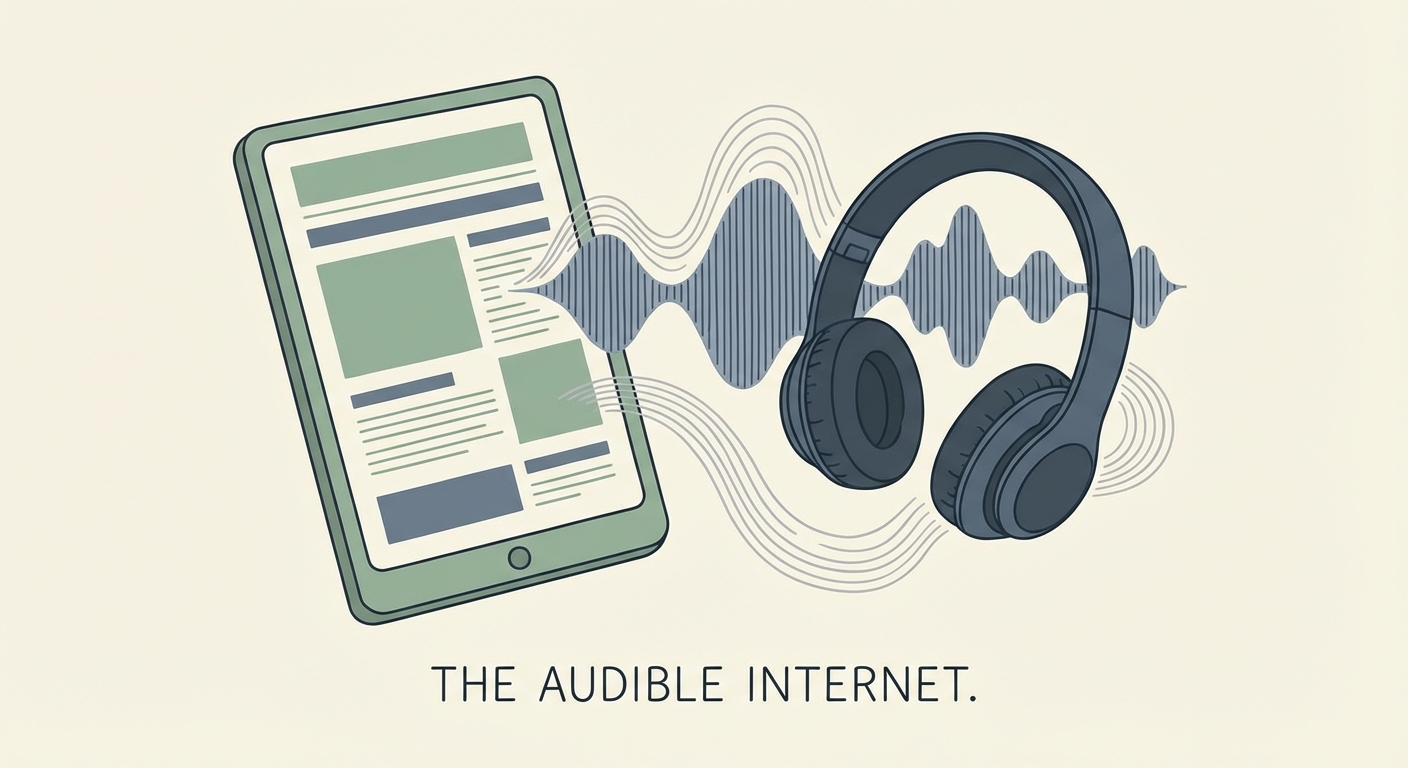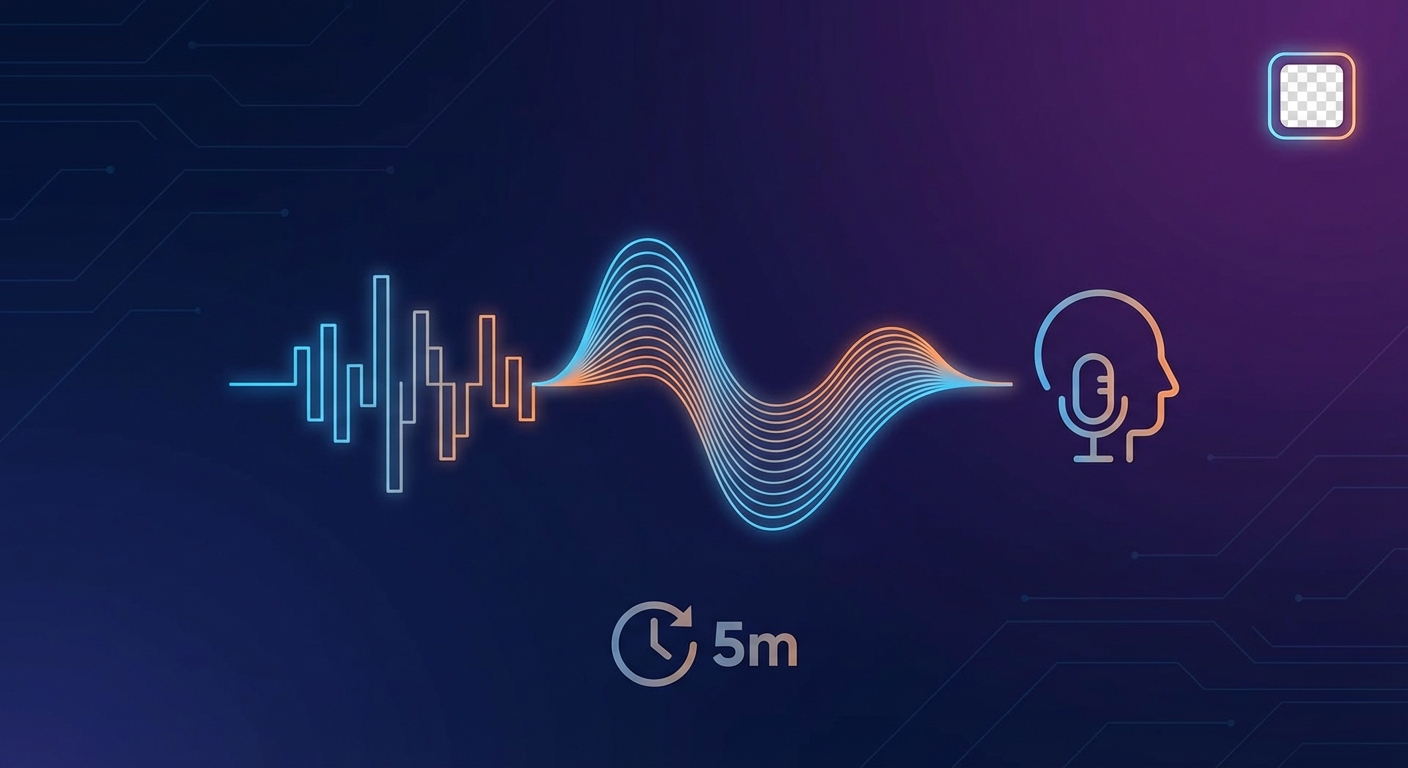Voice Cloning: Duplicate Your Voice in Minutes
TL;DR
- This article covers how voice cloning works and how you can create a digital copy of your voice quickly. It explores available tools, from instant to professional cloning, and also dives into the ethical considerations. You'll learn about real-world applications and how to choose the right voice cloning solution.
Introduction: The Rise of Voice Cloning
Voice cloning, huh? Sounds like something outta sci-fi. But it's real, and it's changing stuff fast.
Voice cloning is basically making a digital copy of your voice. elevenlabs says it uses ai to analyze your voice then reproduce it. think of it like a super-advanced text-to-speech, but instead of a robovoice, it's you.
- Accessibility boost: Imagine recreating someone's voice who lost it due to illness.
- Content creation simplified: No more endless recording sessions for podcasts.
- Personalized experiences: Virtual assistants that actually sound like you.
It's not just about convenience, though. i mean its useful, but its also about making tech more human, y'know?
And what's next? Well, we'll get into how this actually works, so you can clone yourself- or not!
How Voice Cloning Technology Works
Okay, so you wanna know how voice cloning actually works? It's kinda like teaching a parrot, but with computers – and way less mess.
First, the ai needs something to listen to. That's where voice sampling comes in. Think of it like recording a bunch of sentences, capturing all the little quirks in your voice. That's the starting point.
- Audio Analysis: Once it has a recording, the system breaks down the audio into tiny pieces. It's basically trying to figure out what makes your voice, well, you.
- Feature Extraction: the AI starts pulling out all the unique things in your voice. Your tone, how high or low you speak, your accent, all that jazz. It's looking for things like pitch, timbre, and how you stress words.
- ai model training: This is where the magic happens. It uses what it learned to make a copycat version of your voice. Like a digital mimic, but way more advanced, as elevenlabs said, using ai to analyze and reproduce your voice.
- Synthesis and Fine-Tuning: The ai starts to generate new speech, using the cloned voice. It's like the ai is trying to find the right notes, and make sure they sound okay.
To actually clone your voice, you'll typically need to provide a sample of your speech, let the technology process it, and then you can start generating new audio.
Now that we understand the underlying mechanics, let's explore the different ways you can achieve voice cloning in practice.
Voice Cloning in Minutes: Instant vs. Professional Cloning
So, you're thinking about cloning your voice? Cool, but let's be real, there's cloning, and then there's cloning.
Instant voice cloning is the fast food of voice replication. You feed it a short audio clip, and bam, you've got a clone, but you shouldn't expect perfection. It's fine for quick and dirty stuff, but maybe not for your next audiobook. To get the best results with instant cloning, try to record in a quiet room with minimal background noise.
Then you have professional voice cloning: This is like sending your voice to a fancy spa. It needs way more audio, but the result sounds so real and human that you might actually fool your mom.
Oh, and whatever you do, make sure your audio is clean! Noisy recordings are a no-go. Think of it as giving the ai a blurry photo and expecting a masterpiece.
So, what's next? Let's talk about where you can use this tech.
Real-World Applications of Voice Cloning
Voice cloning: it's not just for making your GPS sound cooler. Turns out, it's popping up in ways that are, like, genuinely useful and kinda mind-blowing.
- Entertainment Gets a Facelift: Think about video games, movies, and cartoons. Instead of hiring a voice actor for every character, creators can use voice cloning to make a whole cast with just a few voices.
- Accessibility: A Voice for Everyone: For people who've lost their voice due to medical conditions, voice cloning can give them back their identity. Recreating their voice so they can communicate... it's kinda emotional when you think about it.
- Customer Service Gets Personal: Imagine calling customer support and hearing a familiar, comforting voice. Voice cloning can help companies create realistic and interactive voice responses, which feels way better than those robotic voices, y'know?
So, what about the dark side? What are the ethical considerations?
Ethical Considerations and Challenges
Alright, so you're making a digital copy of your voice. Sounds awesome, right? But hold up, there's some seriously important stuff to think about. Like, what if someone uses your voice to say something you really don't agree with? Yeah, things can get messy fast.
- Consent is Key: First off, you gotta have permission. Using someone's voice without them knowing? Big no-no. It's like signing their name without asking.
- Deepfake Dangers: this tech can be used to make it sound like someone said something they never did. For example, imagine a fake audio clip of a politician making a controversial statement they never actually made, potentially swaying public opinion or causing unrest.
- Legal minefield: Whose voice is it, anyway? If someone uses your clone to commit fraud, who's on the hook? Is it the person who made the clone, the person whose voice was cloned, or the platform that hosted it? These are important questions.
While these ethical challenges are significant, the technology continues to evolve rapidly, paving the way for exciting future advancements.
Future Trends in Voice Cloning
Voice cloning? It's not slowing down, that's for sure. ai is getting smarter, so expect clones that sound even more real. What does this mean for you?
- Imagine vr meetings where everyone sounds like themself. This could make virtual interactions feel way more natural and engaging.
- Healthcare could use personalized ai voices for patient care, perhaps to deliver medication reminders in a familiar voice or to assist with communication for patients with speech impairments.
- Your metaverse avatar could finally sound like you. This would really boost immersion in virtual worlds.
Choosing the Right Voice Cloning Tool
So, you're diving into the voice cloning world? Picking the right tool is, like, super important. It can be the difference between a clone that sounds like you and one that sounds like a broken robot, right?
- Voice Quality is Key: You wanna make sure the clone actually sounds human, duh. It's gotta capture your tone, your inflections, and even those weird little pauses you do. Like, elevenlabs claims to make clones "virtually indistinguishable" from the real thing, but you gotta test it yourself, y'know?
- Ease of Use is a Must: Nobody wants to spend hours wrestling with complicated software. It needs to be straightforward, even if you're not a tech whiz. You want to be making content, not fighting with menus.
- Language Support - Think Global: If you're planning on reaching a global audience, you'll need a tool that supports multiple languages. Some tools, like speechify, claim to support 40+ languages.
Next up, we'll be exploring the cool ways voice cloning is being used.







